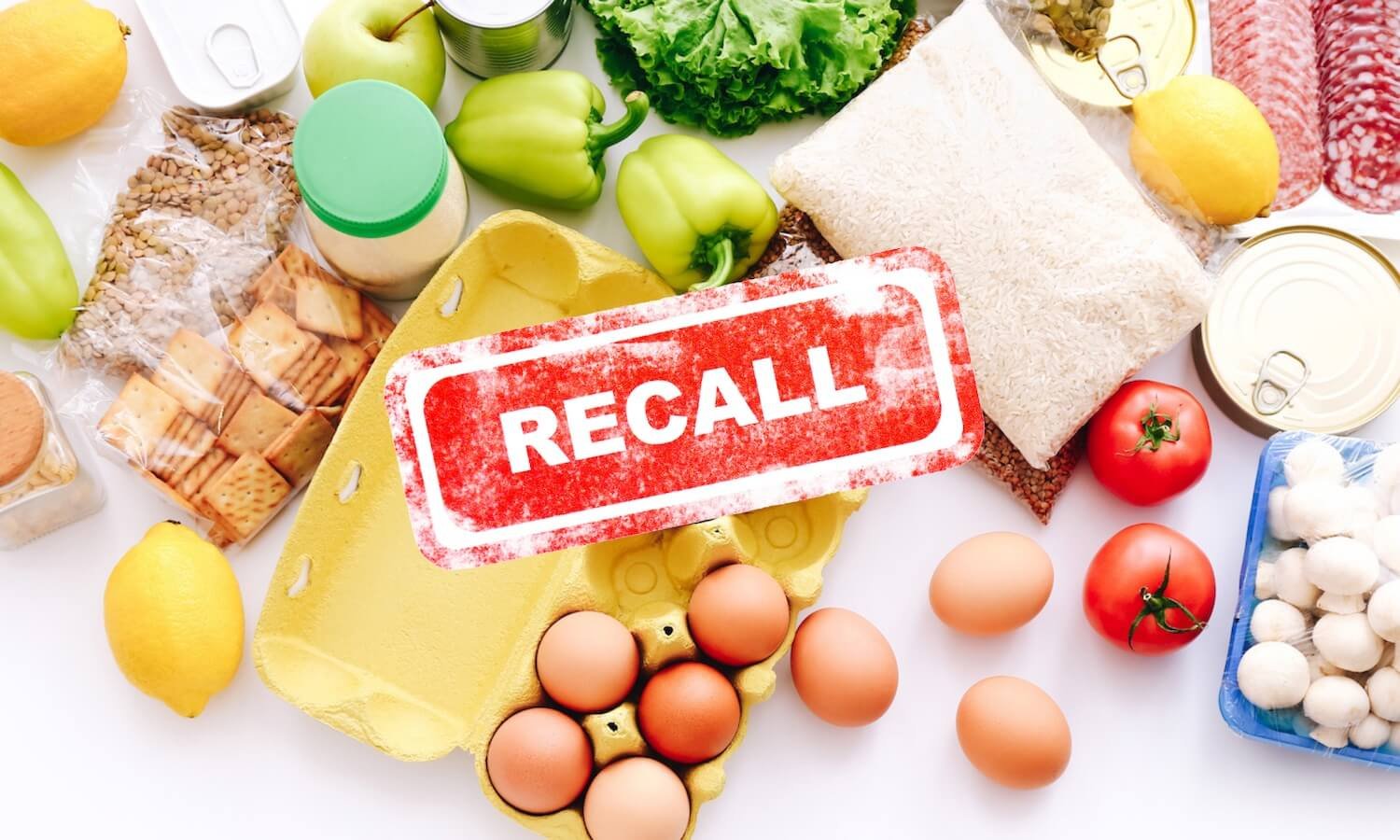Monday, 16 February 2026
New Zealand initiates 14 recalls affecting 65 products
New Zealand Food Safety shares 2023 recall data New Zealand Food Safety has recently released its annual report on consumer-level food recalls for the year 2023. The report identifies the…

New Zealand Food Safety shares 2023 recall data
New Zealand Food Safety has recently released its annual report on consumer-level food recalls for the year 2023. The report identifies the presence of Salmonella in imported sesame seed-based products as the most significant food safety event of the year, causing 14 recalls that impacted 65 food products.
During routine testing by a New Zealand business that produces tahini-based products, Salmonella was found, which led to a complex investigation by Food Compliance Services. This investigation traced the contamination source back to tahini imported from a Turkish manufacturer. Further online surveillance and scanning of international food safety issues also revealed concerns with products from a manufacturer in Jordan.
By the time all the sesame seed-based products were traced and removed from the market, 14 recalls had been initiated, affecting 65 products. Fortunately, there were no confirmed reports of related illnesses.
The annual reports are a new initiative by New Zealand Food Safety to increase transparency and share information on consumer-level recalls with the public. The reports help identify trends and find ways to prevent food safety incidents.
Vincent Arbuckle, New Zealand Food Safety deputy director-general, emphasised that the priority of the organisation is to protect consumers. New Zealand’s food safety system has a strong track record of keeping people safe. However, given the high volume of food being produced, manufactured, and imported, food safety issues may still occur. When such incidents happen, New Zealand Food Safety works quickly with food businesses to recall the affected product and remove it from the food supply chain.
The report also reveals that New Zealand Food Safety supported 70 consumer-level food recalls during 2023, out of which 48 were initiated for domestically produced foods and 22 were for imported foods. However, Arbuckle cautioned that the number of recalls is not an accurate indicator of the level of risk to consumers, as it depends on many factors, including regulatory changes, business and public awareness of food-related problems, and reporting of those problems.
Another food safety event highlighted in the report involved the possible presence of Listeria and Campylobacter in raw milk, which resulted in three recalls. Drinking raw milk carries inherent risks as it may contain harmful bacteria that would normally be killed through the pasteurisation process.
Technology
Setting the Standard for Sustainable Ingredients
Feb 16, 2026 | Ingredients
Chiquita Advances Banana Innovation with Completion of Yelloway Banana Pan-Genome
Feb 13, 2026 | Company News
Food Testing
Redefining Trust in Organic Foods through Independent Testing
Feb 13, 2026 | Food Safety and Testing
AFNOR International Eyes Global Food Safety Growth with HACCP Group Takeover
Feb 04, 2026 | Australia
More Popular
India’s Nutraceutical Sector Poised for Tenfold Growth over Pharmaceuticals: FSSAI
Feb 16, 2026 | Events
Saputo Enters Agreement to Divest Majority Stake in its Argentina Operations
Feb 16, 2026 | Company News
JBS Inaugurates New Plant in Saudi Arabia
Feb 16, 2026 | Company News





